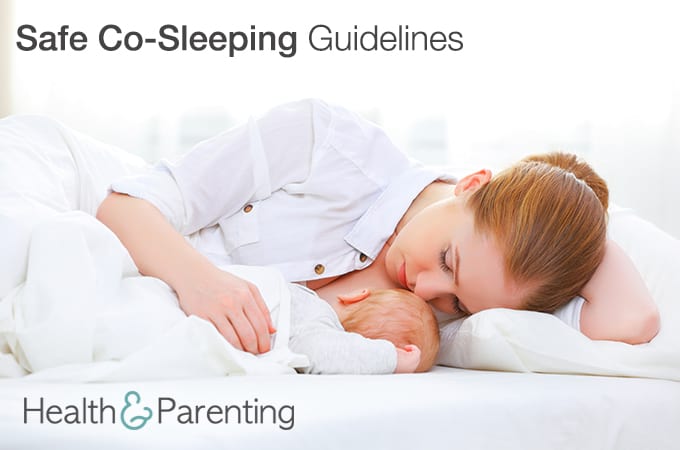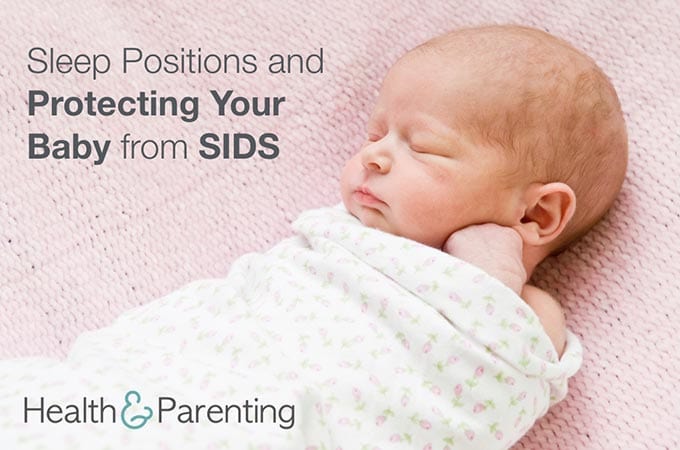A worry-free pregnancy, is there really such a thing? Is it possible to embark on this new and daunting chapter of life without so much as a niggle of concern? Probably not, but that doesn’t mean you can’t greatly reduce your worrying. If you find yourself lying awake at night worrying about pregnancy, birth and parenting, then you might benefit from son of the following tips:
- Exercise every day – 30 minutes of light exercise each day can do wonders for your stress levels. Walking, swimming, yoga and pilates are all recommended exercises for pregnancy. As well as reducing stress levels, regular exercise can help you to get a better night’s sleep.
- Eat a healthy, balanced diet – instead of lying awake at night worrying about the soda you drank at lunch, have a water next time. Don’t feel guilty for snacking on junk food – simply replace these snacks with healthy alternatives in the future. Processed foods often have high levels of sugar and salt, and this can affect your moods and general health.
- Take your vitamins – you’ll save yourself a lot of worry if you take a daily prenatal vitamin. These specially formulated vitamins are filled with the nutrients your developing baby needs. They don’t replace a healthy diet, and you’ll still need to make sure you’re eating plenty of fruit and vegetables, but they are advised for all pregnant women.
- Relax – it’s really important to add in some relaxation time to your daily routine. If you are busy during the day, rushing around trying to get things finished, it can be hard to switch off at night. Try having a relaxing soak in the bath, or a massage before bed to help you unwind. Meditation and yoga are great for calming down and allowing yourself to fully relax.
- Be honest with yourself – it’s ok to worry, but be honest with yourself. What are you really worried about? Why are you feeling so worried about it? Could it be caused by deeper emotions? Or could exhaustion be playing a part in it?
- Stop searching online forums – if you’re worried about the pregnancy, the worst thing you can do is check random internet forums. By all means, search trusted sources online, and educate yourself with the information. But don’t take the information you read on unmoderated forums too seriously.
- Talk to your partner – your partner may be sharing a lot of your worries and concerns. The best thing to do is to be honest about your feelings, and allow him to do the same. Talk about your worries, and find ways to help each other cope.
- Talk to some mothers – women have been growing, birthing and looking after babies for generations. Whatever you’re worried about, other mothers have worried about before you. If you have any mum friends you can trust – be it your mum, best friend or a friend from work – talk to them about your concerns. They’ll be able to reassure you with their own experiences.
- Ask a professional – one of your healthcare provider’s roles is to make sure you are not feeling stressed. Your healthcare provider will be able to offer you advice and support to help you overcome your concerns.
What are you worrying about during pregnancy, and how are you coping with it?
Written by Fiona, proud owner of a toddler, @fiona_peacock
This information is not intended to replace the advice of a trained medical doctor. Health & Parenting Ltd disclaims any liability for the decisions you make based on this information, which is provided to you on a general information basis only and not as a substitute for personalized medical advice. All contents copyright © Health & Parenting Ltd 2018. All rights reserved.




















